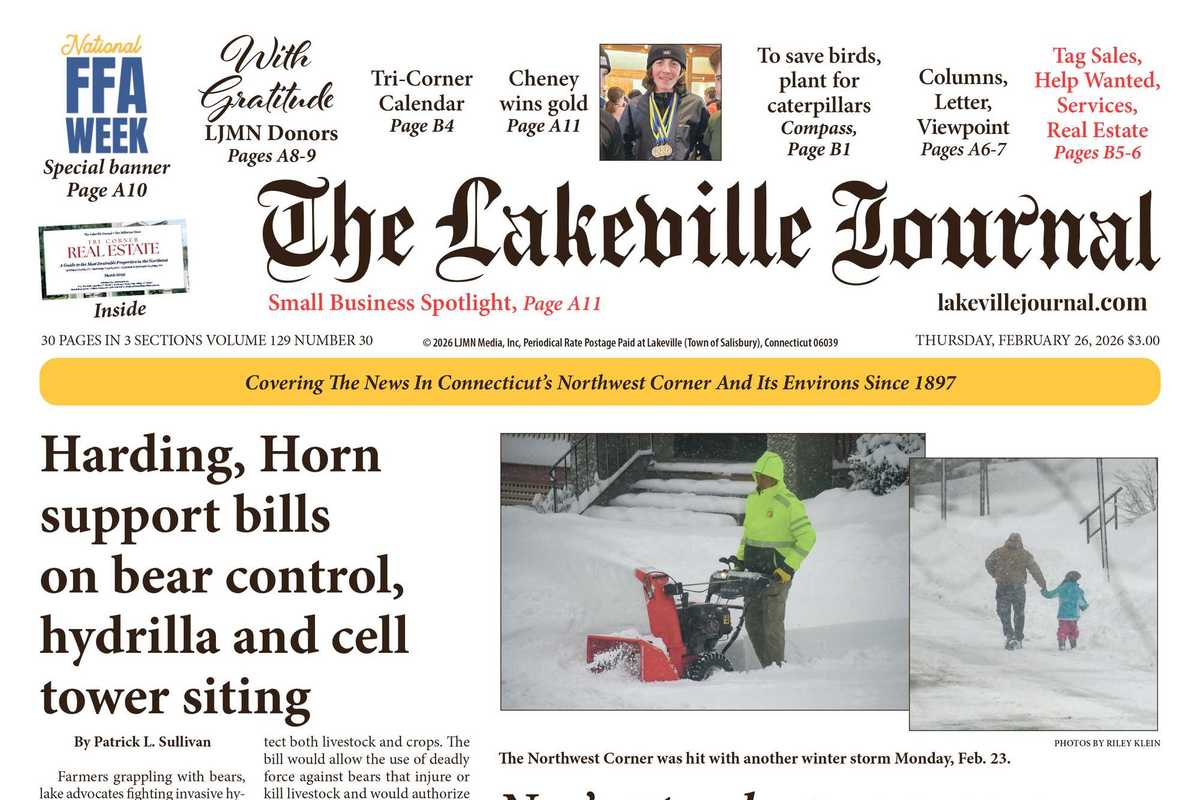There are plenty of books written with babies in mind (a search of Amazon calls up over 44 million) but far fewer written for the age group dubbed “tweens”— that treacherous territory kids navigate in middle school, the years between being a small child and being a teenager.
Enter Claire Nader, political scientist and advocate, who takes the opportunity to engage readers of that age and wake them up to their potential to change the world, even just their small part of it, by inspiring them to take action as citizens years before they are old enough to vote.
“You Are Your Own Best Teacher!” tells stories of kids who, despite their youth, or maybe because of it, made contributions that impact how we live today. Some are well-known activists like Greta Thunberg who at age nine, began to wonder why so little was being done about climate change and eventually sailed to New York (eschewing planes; carbon imprint) to challenge the UN General Assembly on inaction, sparking thousands worldwide to join her protest.
Others are lesser known, like the fifth graders in Chicago who made a video to show how badly their school was crumbling, highlighting broken desks and chairs, bullet holes in windows, classrooms so overcrowded that some students sat in corridors. They sent it to the city council and newspapers picked up the story and soon the Board of Education was arranging for them to attend a safer, much better funded school.
“All changes start with one or two people,” Nader says, reminding kids they can have an impact just by talking to adults. She tells of the eleven year old son of Joseph Califano who asked his father, a chain-smoker, how long he’d be around if he didn’t stop smoking. Califano was a top aide to President Johnson and later served as US Secretary of Health, Education and Welfare. “The question struck Califano like a thunderbolt.” He not only stopped smoking, he went on to found the National Center on Addiction and Substance Abuse at Columbia University, and worked for decades to combat tobacco and other addictions.
Nader enlightens kids about how screens can become an addiction, explaining the dangers of identity theft and how to prevent it. (Losses tied to child ID fraud averaged $737 per family last year, an AARP survey found.) “Your relationship with Facebook or Instagram or Google may be free, but… ‘when a company gives you something for free…you become a product in ways you cannot even guess.’”
She imparts wisdom not necessarily being taught in classrooms. “Challenging today’s power must not be a taboo while you’re learning in school how our forebears took on powerful wrongdoers to make America better.”
She reminds kids that being smart doesn’t mean scoring high on tests. “Ben Franklin had difficulty with arithmetic…it was good for our country that he didn’t take an IQ test.”
She suggests that success has more to do with happiness than income, as illustrated by her favorite college graduation address (and now mine) given by Sam Maloof, a self-taught woodworker who never went to college.
“There could only be two possible reasons I have been invited to speak to you,” Maloof said. “Perhaps it is because I am known for designing and making chairs, or—perhaps it is because I am 91 years old and still working my trade and loving it.”
He went on to compare building a good chair to building a good life. “The legs—hold you up…values, principles and beliefs—make sure you have enough legs…The arms—are the friends, partners and family who embrace you…choose them carefully.”
“You Are Your Own Best Teacher!” talks to kids as the future leaders they are, jump-starting their natural curiosity and desire to “do something” by imparting wisdom, inspirations and ideas they won’t find on TikTok. Signed copies are available at Oblong Books or go to www.inspiringtweens.com.
Helen Klein Ross is a writer and mother of two former tweens. She lives in Lakeville.



 lakevillejournal.com
lakevillejournal.com 







 Visitors consider Norman Rockwell’s paintings on Civil Rights for Look Magazine, “New Kids in the Neighborhood” (1967) and “The Problem We All Live With” (1963.) L. Tomaino
Visitors consider Norman Rockwell’s paintings on Civil Rights for Look Magazine, “New Kids in the Neighborhood” (1967) and “The Problem We All Live With” (1963.) L. Tomaino






Tweens can have an impact